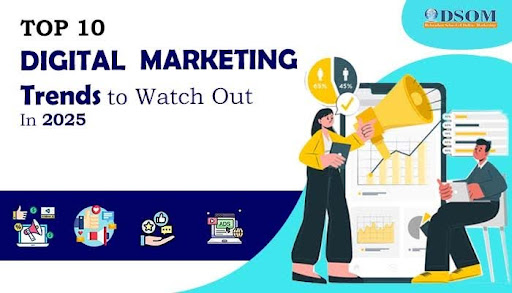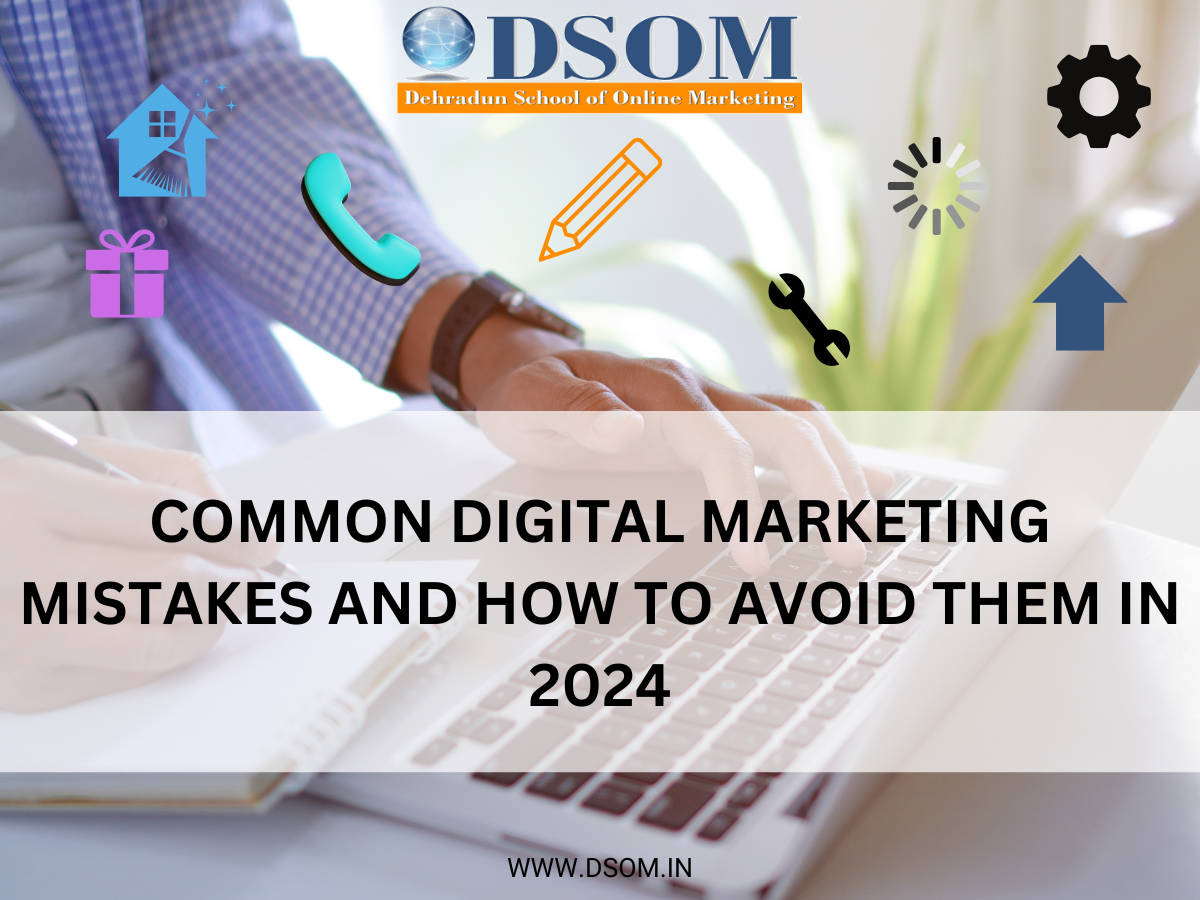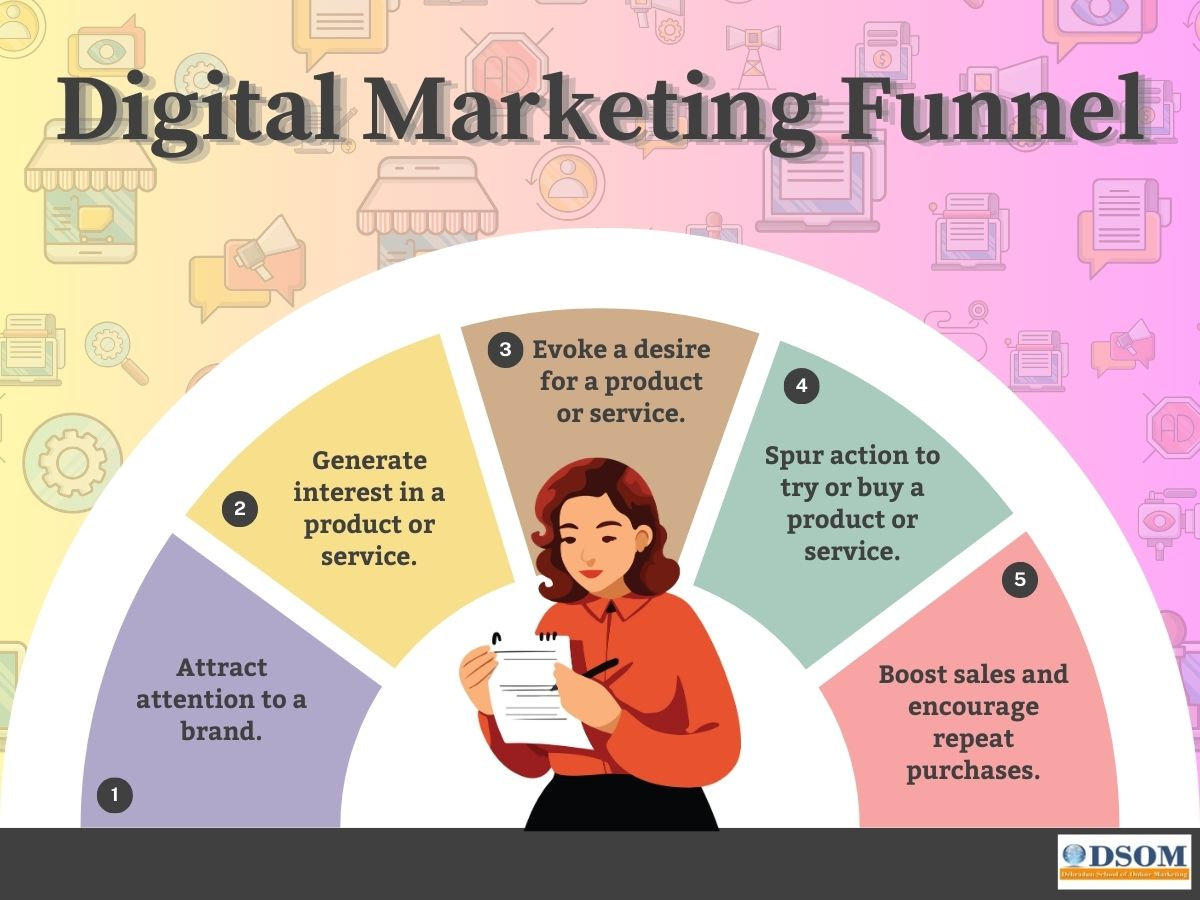In the ever-evolving landscape of digital marketing, search engine optimization (SEO) stands as a cornerstone for businesses striving to improve their online visibility and attract organic traffic. While off-page SEO strategies like backlinking and social media presence play crucial roles, it's essential not to overlook the significance of on-page SEO. In this blog post, we'll delve into the intricacies of on-page SEO and explore how it directly impacts website ranking.
Understanding On-Page SEO
On-page SEO refers to the optimization techniques applied directly to a webpage to enhance its visibility in search engine results pages (SERPs) and improve user experience. It encompasses various elements, including:
1. Content Optimization:
- 1.Crafting high-quality, relevant content with targeted keywords.
- 2.Ensuring proper keyword placement in titles, headings, meta descriptions, and throughout the content.
- 3.Incorporating multimedia elements like images and videos to enrich user experience.
2. Technical Optimization:
1.Optimizing page load speed for better user experience and search engine ranking.
2.Implementing responsive web design for compatibility across devices.
3.Structuring URLs, meta tags, and schema markup to provide clear signals to search engines.
3. User Experience Enhancement:
1.Creating intuitive navigation and user-friendly interface.
2.Improving readability with proper formatting, bullet points, and subheadings.
3.Optimizing for mobile-friendliness to cater to the growing mobile audience.
The Impact on Website Ranking
1. Keyword Relevance and Placement:
Search engines analyze the relevance of a webpage to a user's query based on its content. By strategically incorporating target keywords in titles, headings, and throughout the content, on-page SEO helps search engines understand the context and relevance of the page. This, in turn, improves the chances of the webpage ranking higher for related search queries.
2. Crawlability and Indexation:
Technical optimization plays a crucial role in ensuring that search engine bots can crawl and index webpages effectively. By optimizing page load speed, fixing broken links, and implementing proper URL structures, on-page SEO enhances the crawlability of the website, allowing search engines to discover and index content more efficiently. Indexed pages are more likely to appear in search results, driving organic traffic to the website.
3. User Engagement and Retention:
User experience is a key factor in determining website ranking. Pages that provide valuable, engaging content and offer a seamless browsing experience are more likely to rank higher in search results. On-page SEO techniques such as optimizing for mobile responsiveness, improving page speed, and enhancing readability contribute to better user engagement and retention, leading to higher search engine rankings.
4. Rich Snippets and Enhanced SERP Presence:
Structured data markup, a component of on-page SEO, enables search engines to understand the context of the content better. By implementing schema markup, websites can enhance their visibility in SERPs through rich snippets, featured snippets, and other rich result formats. These enhanced SERP features not only improve click-through rates but also signal to search engines the relevance and quality of the content, potentially boosting website ranking.
Best Practices for Effective On-Page SEO
To leverage the full potential of on-page SEO and optimize website ranking, businesses should adhere to best practices such as:
1. Conduct Comprehensive Keyword Research:
Identify relevant keywords and phrases that align with your target audience's search intent. Use keyword research tools to identify high-volume keywords with manageable competition and integrate them naturally into your content.
2. Create High-Quality, Optimized Content:
Craft informative, engaging content that provides value to your audience while incorporating target keywords strategically. Ensure proper formatting, readability, and multimedia elements to enhance user experience.
3. Optimize Technical Aspects:
Pay attention to technical aspects such as page load speed, mobile-friendliness, and URL structure to improve website performance and search engine crawlability.
4. Utilize On-Page Elements Effectively:
Optimize title tags, meta descriptions, headings, and image alt text with relevant keywords to provide clear signals to search engines and improve visibility in SERPs.
5. Monitor and Adapt:
Regularly monitor website performance, track keyword rankings, and analyze user engagement metrics to identify areas for improvement. Adapt your on-page SEO strategies based on data-driven insights and algorithm updates.
Conclusion
In the competitive realm of online marketing, on-page SEO emerges as a potent tool for enhancing website ranking and driving organic traffic. By focusing on content optimization, technical refinement, and user experience enhancement, businesses can establish a strong online presence, attract qualified leads, and ultimately, achieve their digital marketing goals. Embrace the power of on-page SEO, and watch your website soar to new heights in search engine rankings.
 How to Turn Your Photos into Ghibli-Style Art with ChatGPT for Free
How to Turn Your Photos into Ghibli-Style Art with ChatGPT for Free Top 10 AI Tools for Plagiarism-Free Content Writing: Boost Your SEO & Digital Marketing Efforts
Top 10 AI Tools for Plagiarism-Free Content Writing: Boost Your SEO & Digital Marketing Efforts The Rise of Graphic Designing in 2025: A Career Guide.
The Rise of Graphic Designing in 2025: A Career Guide. The Rise of Video Editing: A Crucial Skill in 2025
The Rise of Video Editing: A Crucial Skill in 2025 Top 10 Digital Marketing trends in 2025
Top 10 Digital Marketing trends in 2025 Common Mistakes in Digital Marketing and How to Avoid Them 2025
Common Mistakes in Digital Marketing and How to Avoid Them 2025 The Future of Digital Advertising: What You Need to Know
The Future of Digital Advertising: What You Need to Know Social Media Marketing in 2024: Strategies for Maximum Engagement
Social Media Marketing in 2024: Strategies for Maximum Engagement Building a Successful Digital Marketing Funnel: A Step-by-Step Guide
Building a Successful Digital Marketing Funnel: A Step-by-Step Guide 5 ways to make money from home using AI (Artificial-Intelligence) in 2024
5 ways to make money from home using AI (Artificial-Intelligence) in 2024